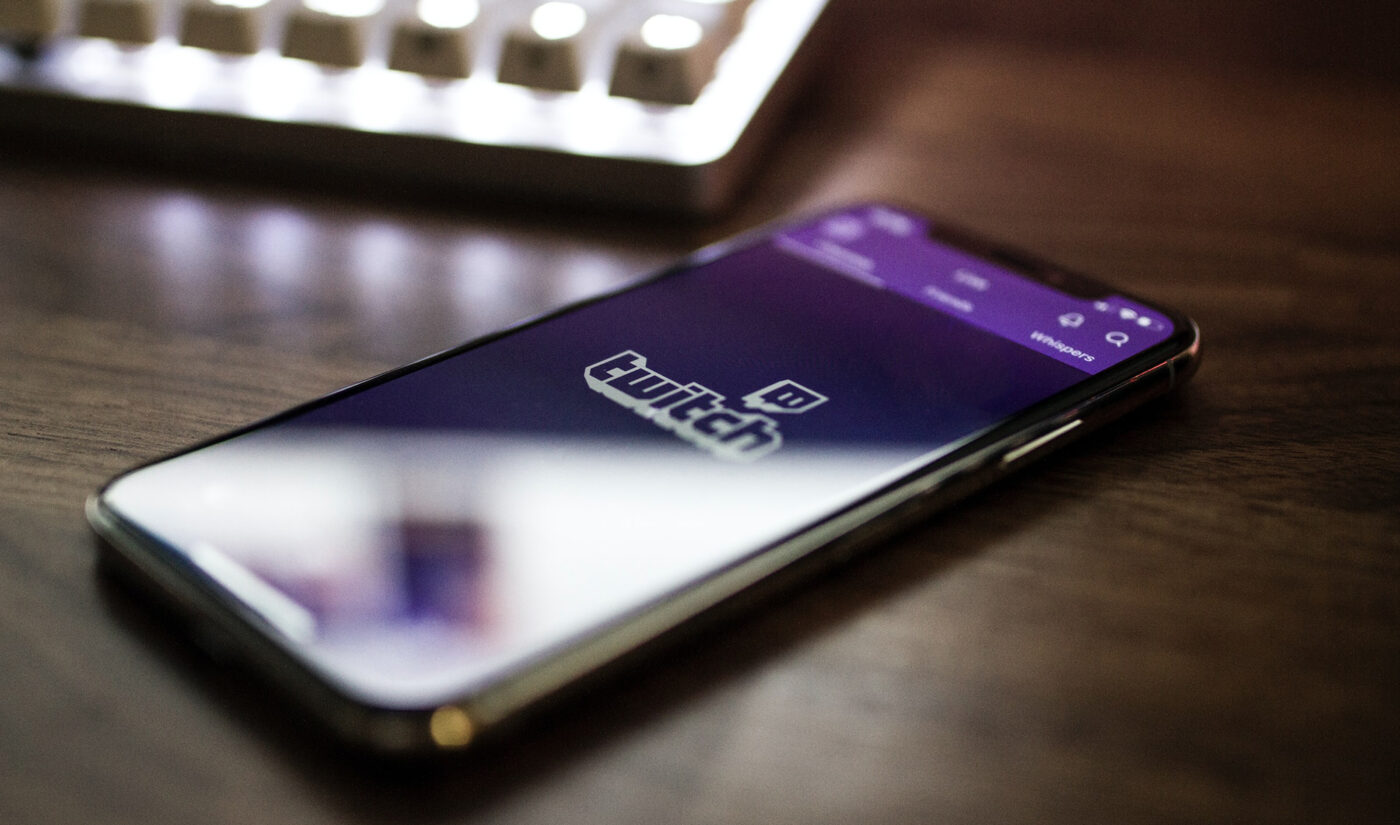Twitch, by its own admission, is less than stellar at helping streamers find new viewers.
So, naturally, it’s removing one of the only discoverability tools it has.
On Oct. 3, it’s axing Host Mode, a popular tool that lets streamers host other content creators’ live broadcasts while they themselves are offline.

Subscribe to get the latest creator news
Hosting has been around since 2014, and streamers often use it to spotlight creators they like, creators whose content is similar to theirs, or smaller/just-starting creators they think could use a boost. That last one is crucial—consider how significant a difference it could make to a creator with 500 followers if their channel is hosted by a creator with 50,000.
Creators can also use it to help regular viewers keep track of them if they’re guest-starring on another creator’s stream or are part of a group event like a charity stream.
Basically, it’s got a variety of uses and, from our perspective, not many downsides.
So what’s Twitch’s reasoning for ditching it?
“We made the decision to deprecate this feature because the experience it delivers to viewers doesn’t match their expectations when they come to Twitch,” the platform said in an update to the Host Mode section of its FAQ. “Viewers want to interact with a streamer when they’re live and host mode blocks this from happening. Preventing viewers from interacting with the streamer they’re watching also limits a streamer’s growth potential because they’re not able to build meaningful connections with those new viewers.”
Confused? You’re not alone.
After reporter Zach Bussey found and tweeted this update, numerous streamers and viewers pointed out this specific part of Twitch’s explanation and expressed confusion about how, exactly, hosting someone else’s channel when you’re offline “blocks” your audience from interacting with you. Twitch also seems to suggest that having your channel hosted somehow limits your growth even as it’s exposing your content to new viewers.
Can someone please explain this like I’m 5?
If the streamer a viewer wants to see isn’t live, them not hosting someone else isn’t going to help that pic.twitter.com/wFuj7PZ76p
— Rheteriq (@Rheteriq) September 6, 2022
(To be clear, when one Twitch channel is hosting a stream from another channel, viewers who like what they see are able to click through to the hosted channel and fully engage with its chat, follow and subscribe to it, and so on.)
Twitch seems set on its decision—which it didn’t actually announce; it just updated the FAQ—so at this point, trying to understand its logic is less important than figuring out what to do when hosting vanishes in October.
Twitch suggests that streamers give one another shoutouts while they’re live, and that they raid other streamers’ channels when they’re going offline. It also recommends adding channels they like to the “Suggested Channels” list on their profile. (Suggested Channels used to be called “Autohost”; adding channels to it would signal your channel to host theirs if they went live while you were offline.)
And if you’re still struggling to be found by viewers? Twitch says to make content somewhere else.








